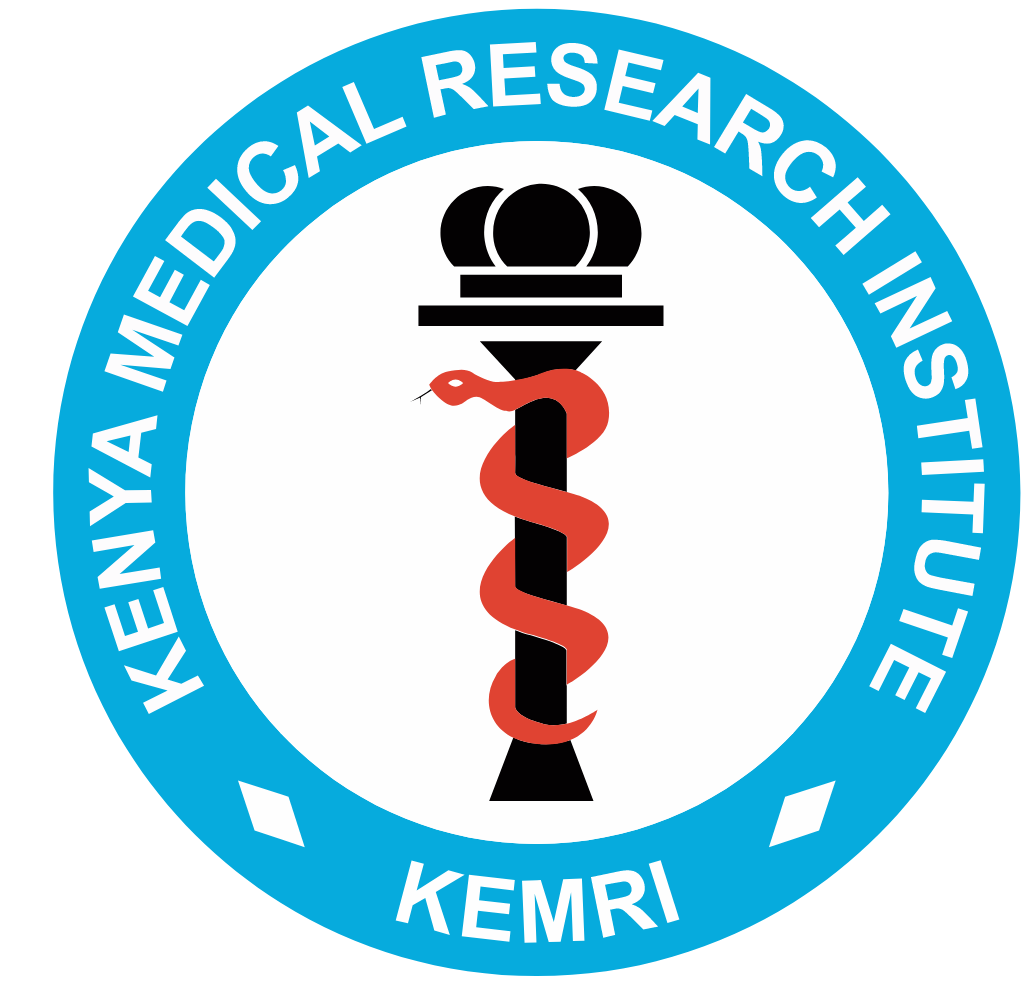Submit Your Abstract.
Abstract Submission for the 3rd Health and Climate Change Conference
The organizing committee invites abstracts for papers and posters from any of the thematic areas to be presented in the conference. Submissions should be made by midnight 6th September 2024 to the scientific committee. All abstracts have to be submitted online. Abstracts submitted by post, fax or mail cannot be accepted. General Guidelines and Rules for Abstract Submission apply. You will receive immediate confirmation of successful abstract submission. Please note that authors whose abstracts are accepted for presentation will be expected to attend the meeting and give their presentation. All abstracts must be in English. The maximum word count is 300 words in Microsoft Word and the Font is Arial 11.5. This limit does not include the title. Your abstract should be structured in the format outlined below.
Abstract format
- The abstract submitted should contain concise statements of:
- Background: indicate the purpose and objective of the research, the hypothesis that was tested or a description of the problem being analyzed or evaluated.
- Methods: describe the study period/setting/ location, study design, study population, data collection and methods of analysis used.
- Results: present as clearly and in as much detail as possible the findings/outcome of the study. Please summarize any specific results.
- Conclusions: explain the significance of your findings/outcomes of the study
THEME: Advancing global and regional health climate action bridging research, policy, and implementation for Universal Health Coverage
SUB - THEMES
- Global and Regional Strategies for Achieving Universal Health Coverage in a Changing Climate
- Innovative Financing Models for Climate Resilient Health Systems
- The health impacts of climate change; trends and challenges in the implementation of UHC
- Building cross-sectional, regional, and global partnerships for effective climate and health action
- Leveraging Technology and Innovation for Climate-Resilient Health Solutions
- Health impacts of environmental pollution, healthcare waste, and chemicals
- One Health Strategies for Combating Antimicrobial Resistance and Climate-related Diseases
- Emerging trends at the nexus of climate change and health, encompassing ethics, gender, equity, culture, and religion
